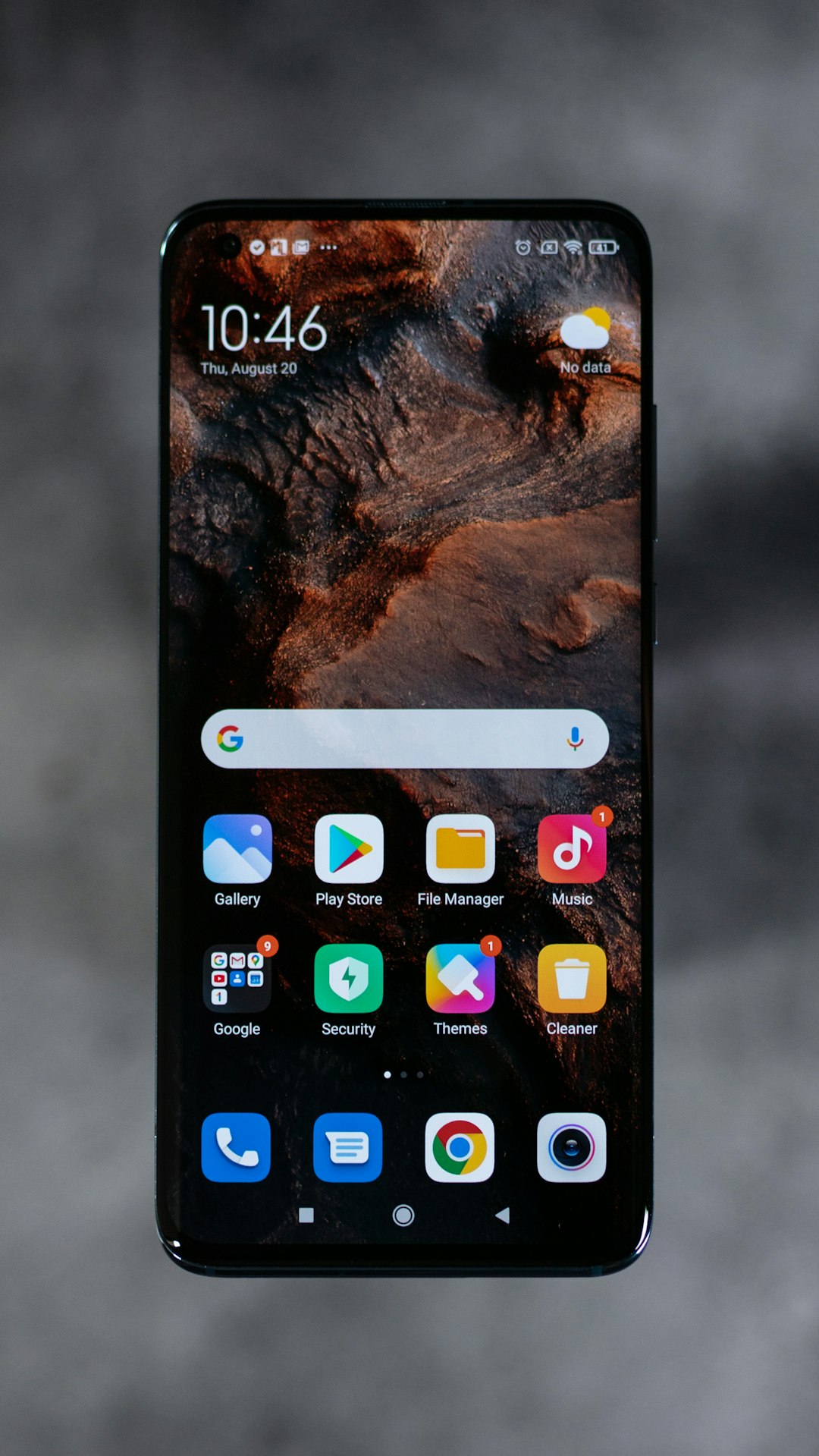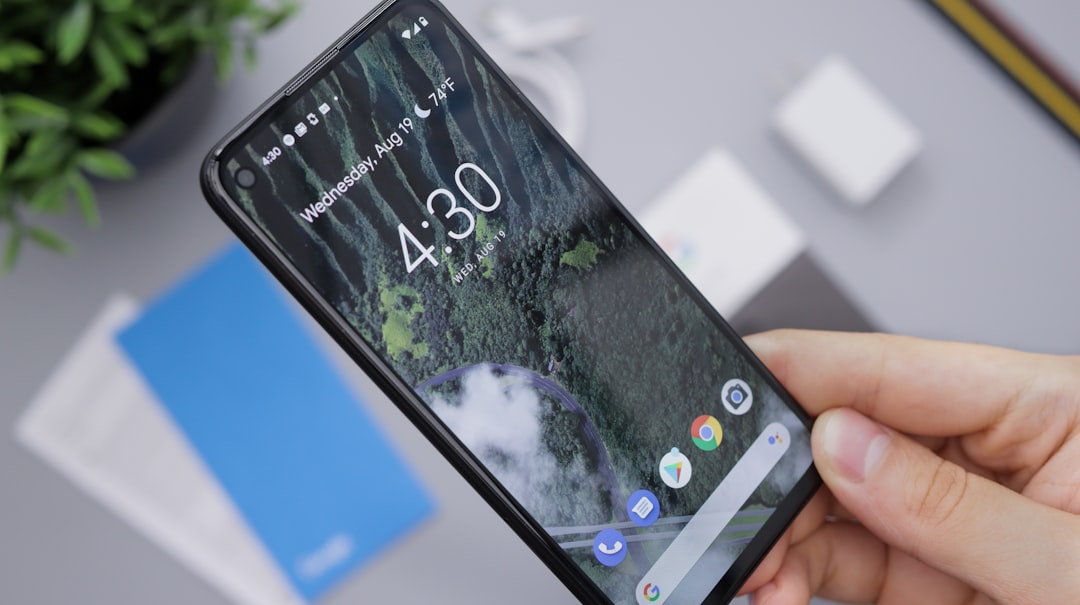Robocalls pose privacy risks, especially for vulnerable seniors in Virginia. The Telephone Consumer Protection Act (TCPA) offers protection, but understanding it is complex. Workshops focused on robocall handling at senior centers are crucial. These educate seniors about their TCPA rights and empower them to block unwanted calls. A lawyer specializing in TCPA Virginia ensures workshops comply with legal standards, protecting seniors' privacy and fostering a safer community environment.
“In today’s digital age, robocalls have become an increasingly prevalent nuisance, impacting individuals across various demographics, especially seniors. The Hopewells Senior Center, recognizing this growing concern, aims to empower its members with knowledge and tools through specialized robocall workshops. This article explores the significance of these initiatives, delving into Virginia’s TCPA laws and why such regulations are crucial for protecting senior citizens from unwanted automated calls. We provide practical guidance on workshop design and offer tips for selecting legal experts, ensuring compliance and peace of mind.”
Understanding Robocalls and the TCPA Laws in Virginia

Robocalls, automated phone calls that deliver recorded messages, have become a ubiquitous part of modern communication. While they can be useful for businesses and organizations, they often raise concerns among consumers regarding privacy and consent. In Virginia, these calls are regulated by the Telephone Consumer Protection Act (TCPA), which limits how companies may contact individuals through automated means. Understanding these laws is crucial for both businesses seeking to comply and individuals looking to protect themselves from unwanted or illegal robocalls.
Hiring a lawyer specializing in TCPA Virginia can offer valuable guidance on navigating this complex legal landscape. They can help ensure that robocall campaigns adhere to the law, protecting your business from potential lawsuits and fines. Conversely, if you’ve received harassing or unauthorized robocalls, an attorney can assist in taking action against violators and securing compensation for any resulting distress.
Why Senior Centers Need Workshops on Handling Robocalls

Senior centers play a vital role in fostering connections and enhancing the quality of life for older adults in their communities. However, in today’s digital age, they also face unique challenges, one of which is the increasing prevalence of robocalls. Automated phone calls, often used for marketing purposes, can be intrusive and distressing, especially to seniors who may be more vulnerable to scams or misinformation. The Telephone Consumer Protection Act (TCPA) in Virginia provides important safeguards against such practices, but understanding and navigating these regulations can be complex.
Workshops focused on robocall handling are, therefore, a crucial initiative for senior centers. These sessions can educate seniors about their rights under the TCPA, empowering them to recognize and block unwanted calls. Moreover, they can offer practical tips on how to safely interact with legitimate callers, minimizing the risk of falling victim to phishing attempts or fraud. By equipping seniors with this knowledge, workshops contribute to a safer and more informed community, ensuring that older adults can enjoy their well-deserved leisure time without the added worry of unwanted robocalls.
Designing Effective Robocall Workshop Content for Hopewells Senior Center

At Hopewells Senior Center, designing effective robocall workshop content is paramount to ensuring participants gain practical insights and skills. Workshops should focus on providing a comprehensive understanding of the Telephone Consumer Protection Act (TCPA) in Virginia, particularly regarding robocalls. A balanced mix of theoretical knowledge and hands-on exercises can empower seniors to navigate these regulations confidently.
Content experts recommend covering key aspects such as what constitutes a robocall, TCPA restrictions, opt-out requirements, and penalties for non-compliance. Real-life case studies and interactive simulations can help attendees grasp the practical implications of TCPA rules. Engaging participants with scenarios tailored to their interests and concerns will make the workshop dynamic and relevant, fostering a deeper understanding of how to protect themselves from unwanted robocalls while adhering to legal standards.
Selecting the Right Legal Expert: A Guide for Hopewells Senior Center Organizers (with a focus on TCPA compliance)

When organizing workshops about robocalls at Hopewells Senior Center, selecting a legal expert with expertise in the Telephone Consumer Protection Act (TCPA) is paramount for ensuring compliance. The TCPA, a federal law, protects individuals from unwanted telemarketing calls and text messages, with strict penalties for violations. A lawyer specialized in this area can guide organizers on best practices to avoid inadvertently breaking the law.
In Virginia, where the center is located, these experts will be well-versed in the state’s specific regulations that complement federal TCPA standards. They can offer insights into robocall technologies, helping organizers understand how to use them ethically and legally. Moreover, they’ll assist in navigating opt-out requirements, do-not-call lists, and other nuances of TCPA compliance, ensuring that workshops stay within legal boundaries and respect the privacy of senior participants.






